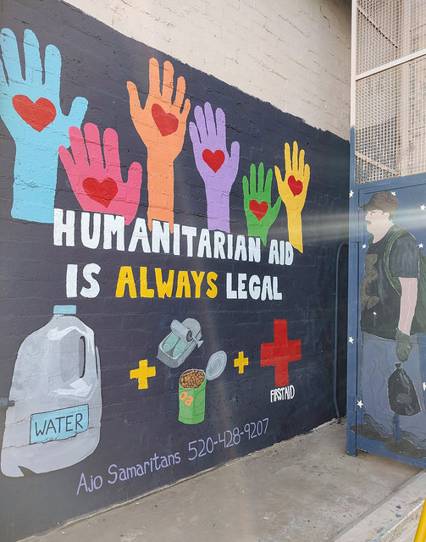
Negotiations for access and programming are an integral part of humanitarian assistance in armed conflict and a well-established humanitarian practice. An emerging practice is the use of mediation to improve acceptance and humanitarian access. Mediation is also used to enhance the participation of affected communities in project design, planning and implementation and facilitate constructive dialogue between (international) humanitarian actors and communities when disagreements arise. In both negotiations and mediation general normative provisions like the humanitarian principles and the protection of civilians are operationalised in practice. Humanitarian negotiation and mediation thereby confront humanitarian actors with a range of ethical questions.
The objective of the workshop is to map out these ethical problems and identify empirical examples and how the problems are currently dealt with in practice. Regulatory domains of relevance include IHL, international law of humanitarian action, international financial regulations, and human rights law. The problems will also be related to established positions and debates in global ethics – showing how the formulation and resolution of the problems rely on broader philosophical perspectives like consequentialism, deontology and virtue ethics. Raising the awareness of the ethics of humanitarian negotiation and mediation among academics, policy-makers and practitioners is an aim in itself, but may also contribute to the development of clearer ethical standards for negotiators and mediators. Such standards might be seen as a constraint on humanitarian action but may also clarify the justifiability of actions that are currently silenced due to their apparent tensions with humanitarian principles or human rights.
The workshop is organised by Kristoffer Lidén (PRIO) and Kristina Roepstorf (Otto-von-Guericke-University Magdeburg), in association with the Norwegian Centre for Humanitarian Studies (NCHS)
(Interested researchers or practitioners may contact Lidén at Kristoffer@prio.org regarding participation on the 12 February.)
Programme
12 February
12:00 - Welcome, Introductions & Lunch
13:00 - Session 1 : Humanitarian Negotiations
Introduction: Ethics of Humanitarian Negotiations (Kristoffer Líden, PRIO)
14:30 - Coffee break
15:00 - Session 2 : Humanitarian Mediation
Introduction: Humanitarian Mediation Dilemmas (Kristina Roepstorff, Magdeburg University)
16:30 - Reception
13 February
(Setting the research agenda - only for invited academics)
9:30 - Session 3 : Humanitarian Niegotiation and Mediation: Ethical Dilemmas
Interactive session to identify and categorise main themes, key questions and cases
10:45 - Coffee break
11:00 - Session 4 : Developing a Research Agenda and Network
Roundtable discussion
11:30 - Lunch-Wrap up Session : Next Steps
12:00 - End of workshop





